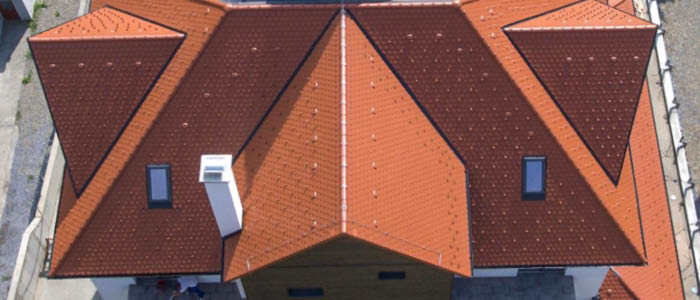A favorable tax system is viewed as one of the most significant incentives for foreign investment in a given country. According to this year’s World Bank’s and PwC Paying Taxes study, Lithuania ranks 27th globally in terms of the ease of paying taxes. It is indeed a high standing, ahead of other CEE countries such as Romania, Poland, Slovakia, and Hungary. We dare say the ranking accurately reflects the efficient operation of Lithuania’s tax system.
According to EUROSTAT indicators, Lithuania can be regarded as one of the fastest-growing economies in the EU, with GDP growth amounting to 4.1% (Q1 2017). No wonder that at the 5th Annual CEE Shared Services and Outsourcing Awards 2017, Vilnius was again recognized as the most dynamically developing city in the CEE region.
Having said that, let’s take a glance at the tax incentives that Lithuanian tax system puts in place for businesses and investors.
Corporate Income Tax
The standard rate of corporate income tax (CIT) in Lithuania is a flat 15%, which is one of the lowest rates in the EU. Furthermore, a number of important tax relief provisions reduce the overall CIT burden.
Small companies with fewer than ten employees and annual income less than EUR 300,000 can enjoy a reduced 5% CIT. The same reduced CIT rate is applicable to agricultural producers.
In addition, companies undertaking investment or R&D projects are currently entitled to multiple deductions of the eligible project-related costs, thus considerably reducing their taxable profit – and the Lithuanian Government is aiming to extend the application and scope of this relief. The Government is also planning to introduce a reduced 5% CIT for income originating from patent commercialization projects.
Tax Incentives in Free Economic Zones
Significant tax benefits are offered to companies established within Lithuania’s free economic zones (FEZs). At the moment, there are six FEZs in different Lithuanian cities, in which about 60 companies have been established. Most of those companies are harbored in the FEZs of Kaunas and Klaipeda, Lithuania’s second and third largest cities.
Companies with capital investments established within a particular FEZ of at least EUR 1 million and with 75% of their income generated by activities in the FEZ become totally exempt from CIT for a period of six years, and during the subsequent ten years are subject to only 50% CIT rate (i.e., 7.5%). In order to be eligible for the exemption, the FEZ-based company must engage in goods production, manufacturing, computer software development, storage facilities, or other defined activities. As of 2017, FEZ-based companies engaged in accounting, bookkeeping, engineering, human resources, and some other types of consulting services are also entitled to the CIT relief.
Furthermore, FEZ-based companies are exempt from real estate tax.
Tax Treatment of Dividends
Taxation of dividends is favorable in Lithuania, since Lithuanian rules on taxation of dividends are in line with the EU’s Parent-Subsidiary directive. Dividends paid to a foreign entity are exempt from CIT if the recipient entity has held at least 10% of the voting shares in a Lithuanian company for the preceding 12 months.
Lithuanian companies receiving dividends from EEA-registered entities are free from CIT, with no specific participation or holding requirements. Needless to say, the tax relief on dividends is only applicable to actual arrangements, as Lithuania follows EU-wide rules on anti-avoidance. Hence, letterbox companies will not be able to benefit from tax-exempt dividends.
With no exemptions applicable, dividends are normally subject to a withholding CIT of 15%. However, a wide network of agreements on avoidance of double taxation (DTAA) reduces the applicable tax rate in many instances to 10% and even 5%. The network of Lithuania’s DTAA’s includes 53 countries.
Labor-Related Taxes
Although employment-related income in Lithuania is subject to rather high state social security taxes, positive changes are, many hope, underway. The current tax burden related to state social insurance contributions is 9% for the employee and approximately 31% for the employer.
In 2018, the Lithuanian Government is planning to introduce the much-discussed income cap for state social security taxes. It is envisaged that the gross taxable income will be capped at the level of approximately EUR 98,000. If the amendments are approved, it will be a step forward in optimizing the employment-related tax burden.
By Daina Senapediene, Managing Partner, and Aleksandr Masaliov, Senior Associate, CEE Attorneys
This Article was originally published in Issue 4.11 of the CEE Legal Matters Magazine. If you would like to receive a hard copy of the magazine, you can subscribe here.





























